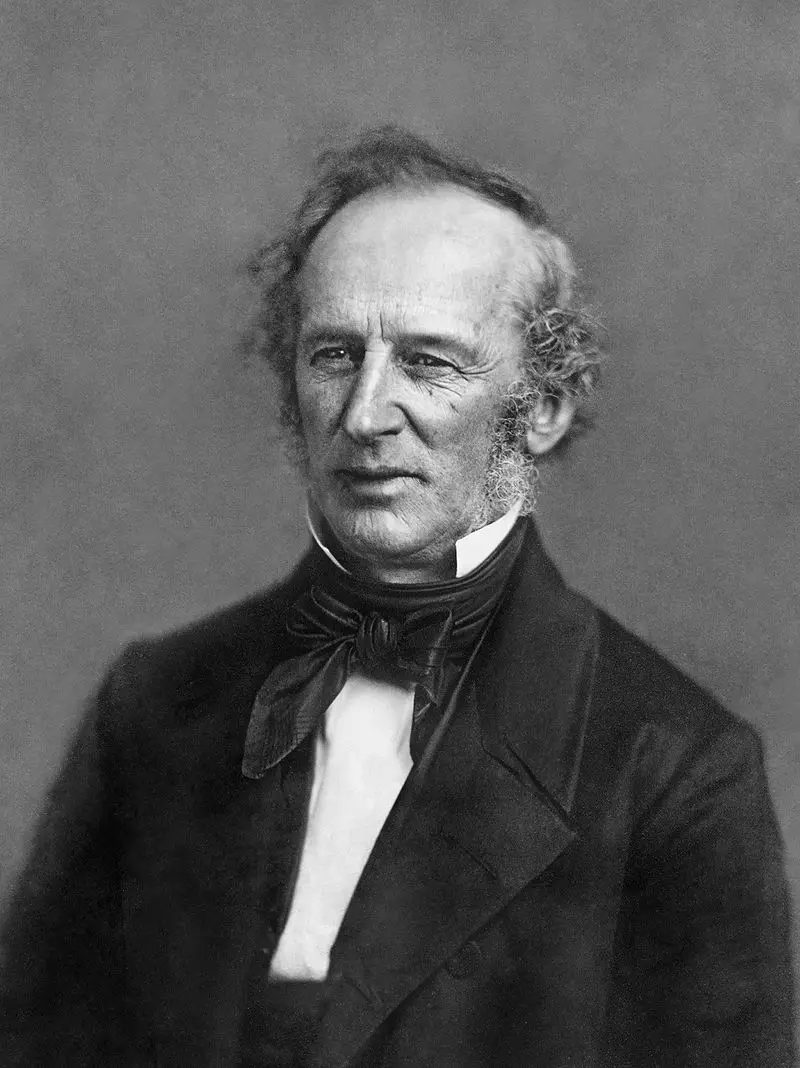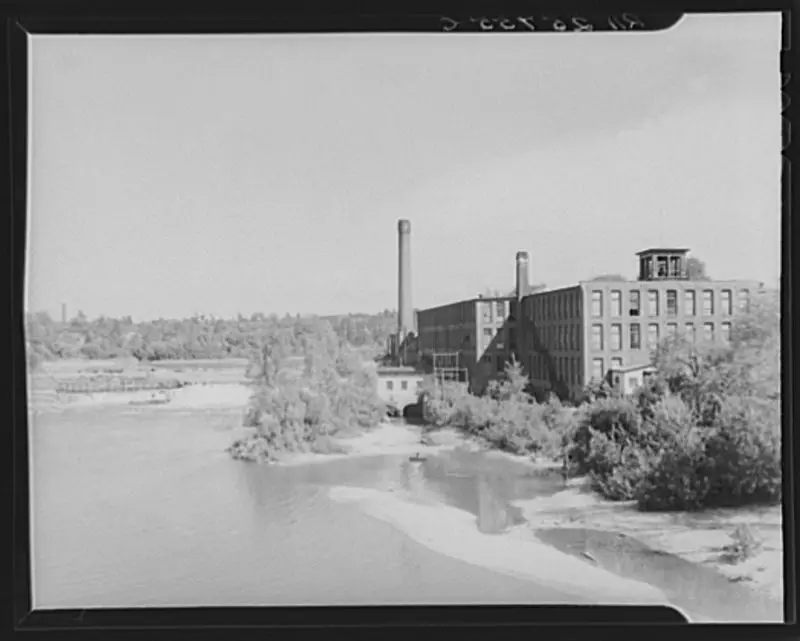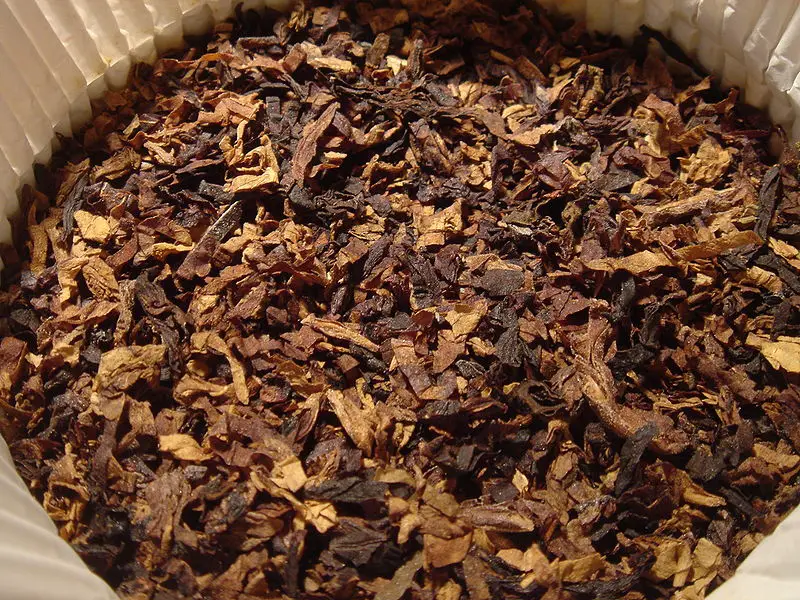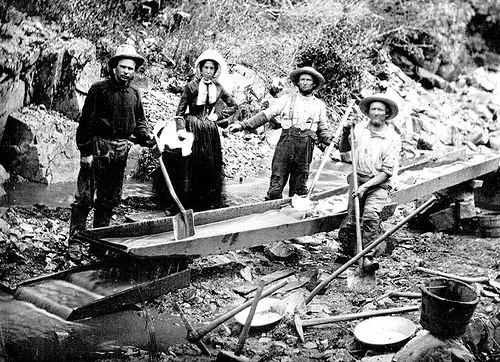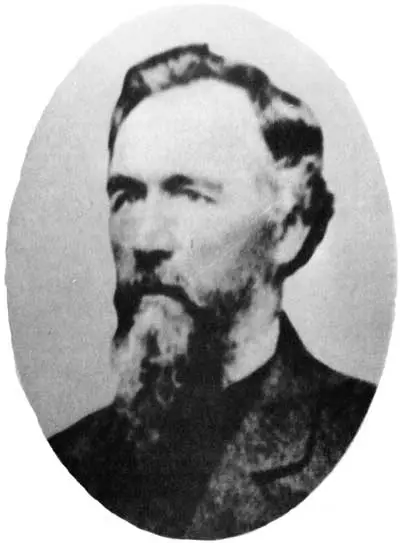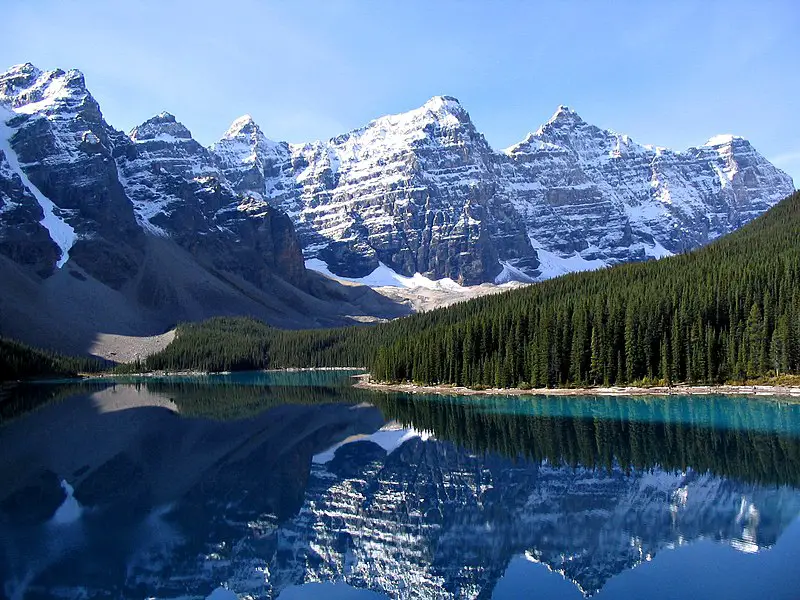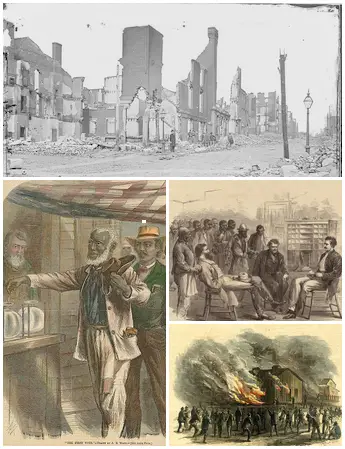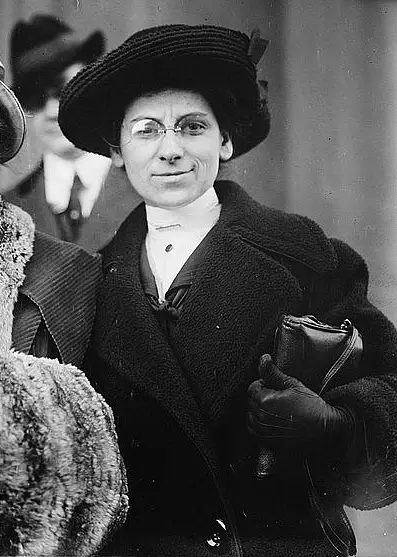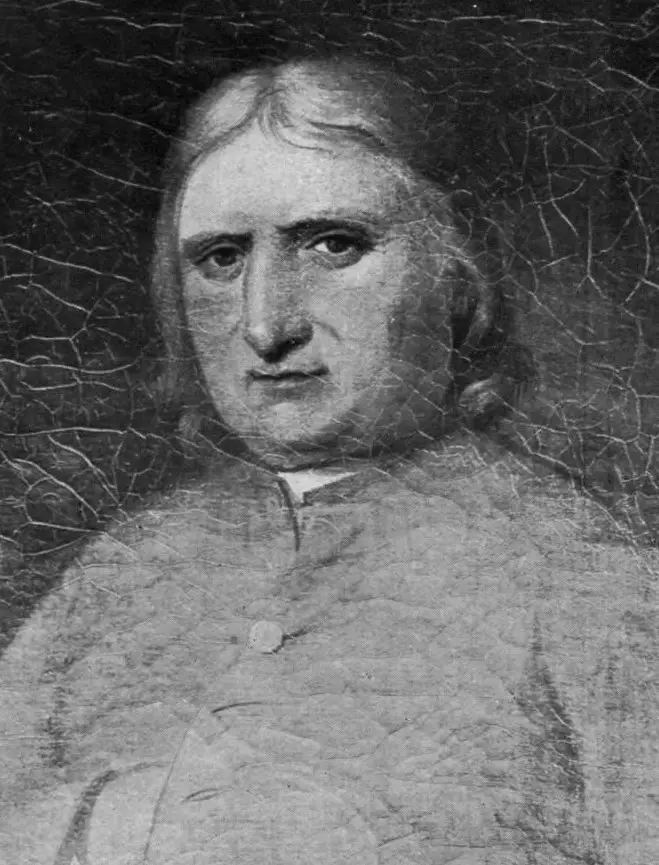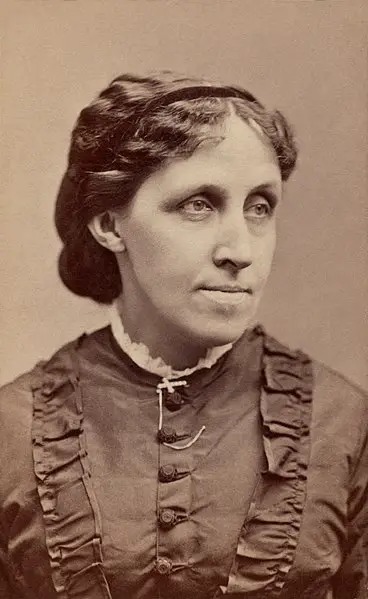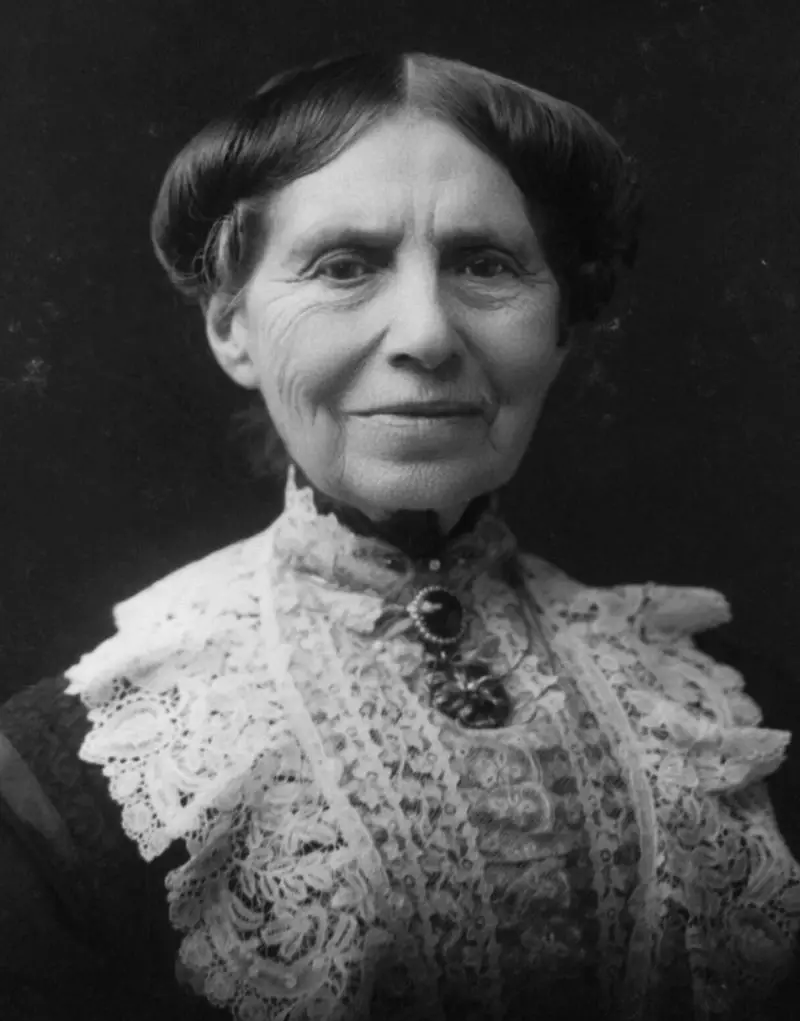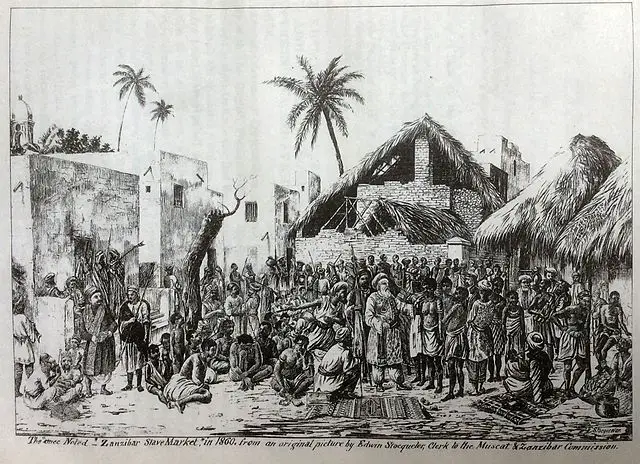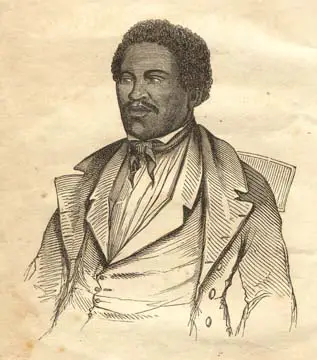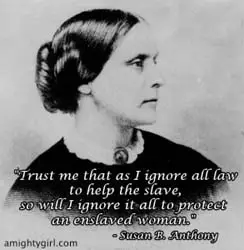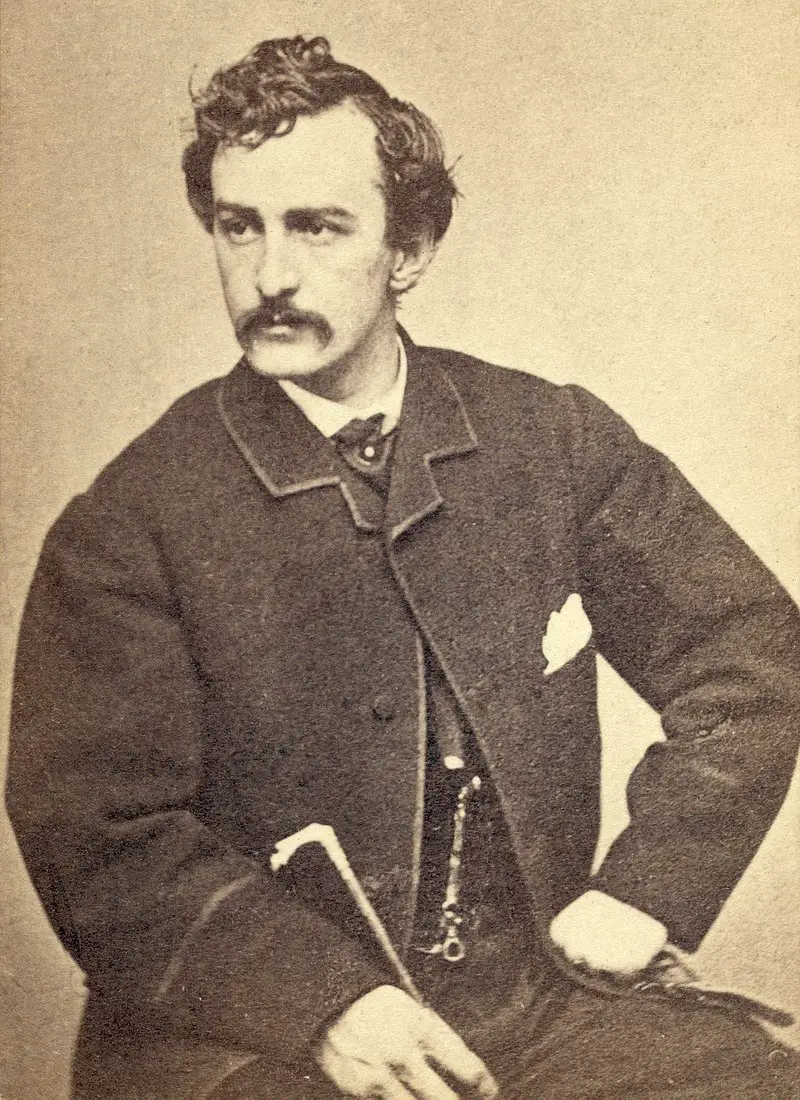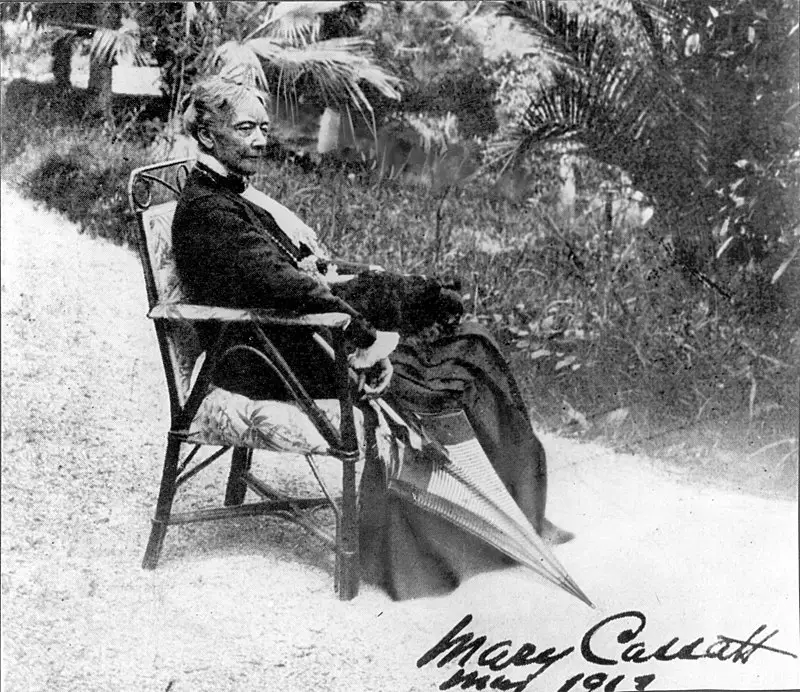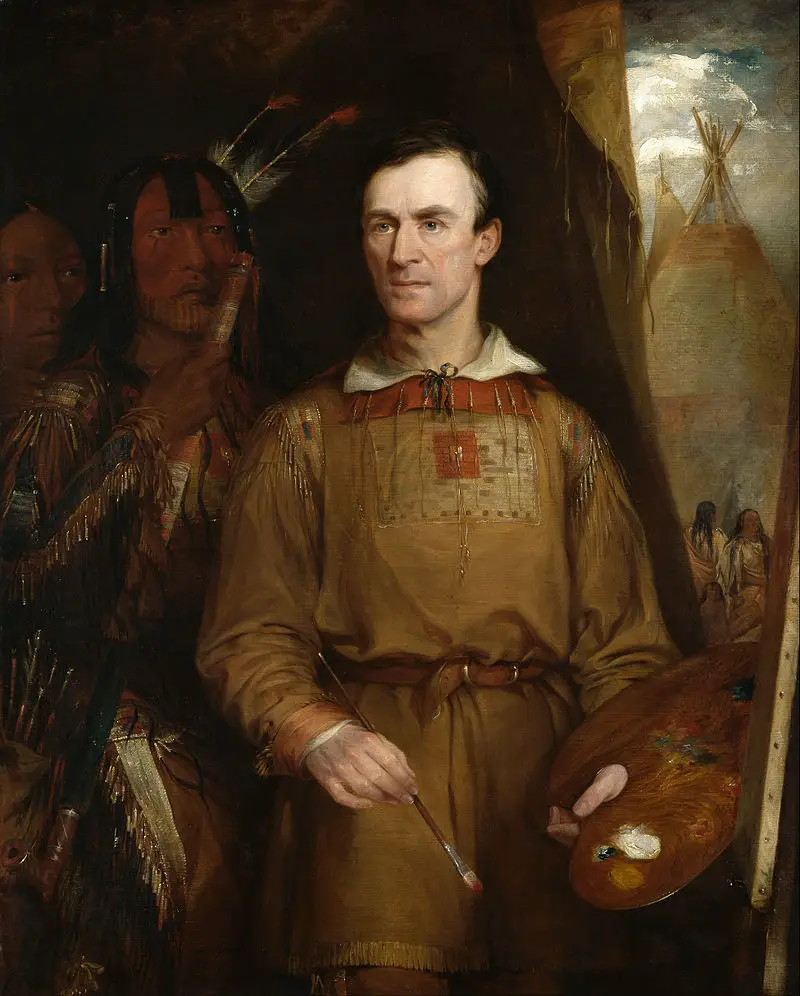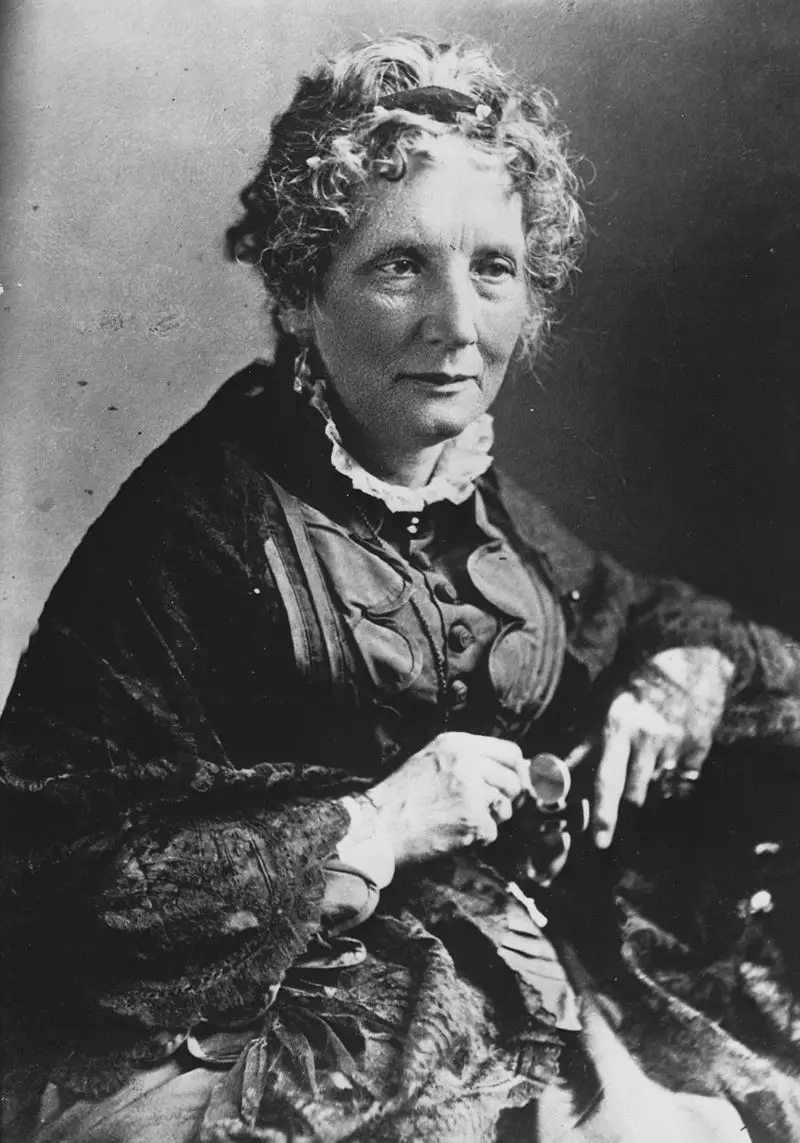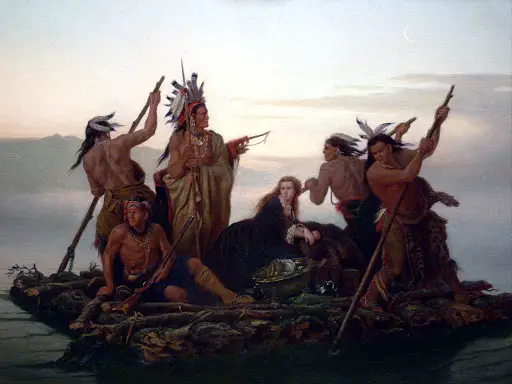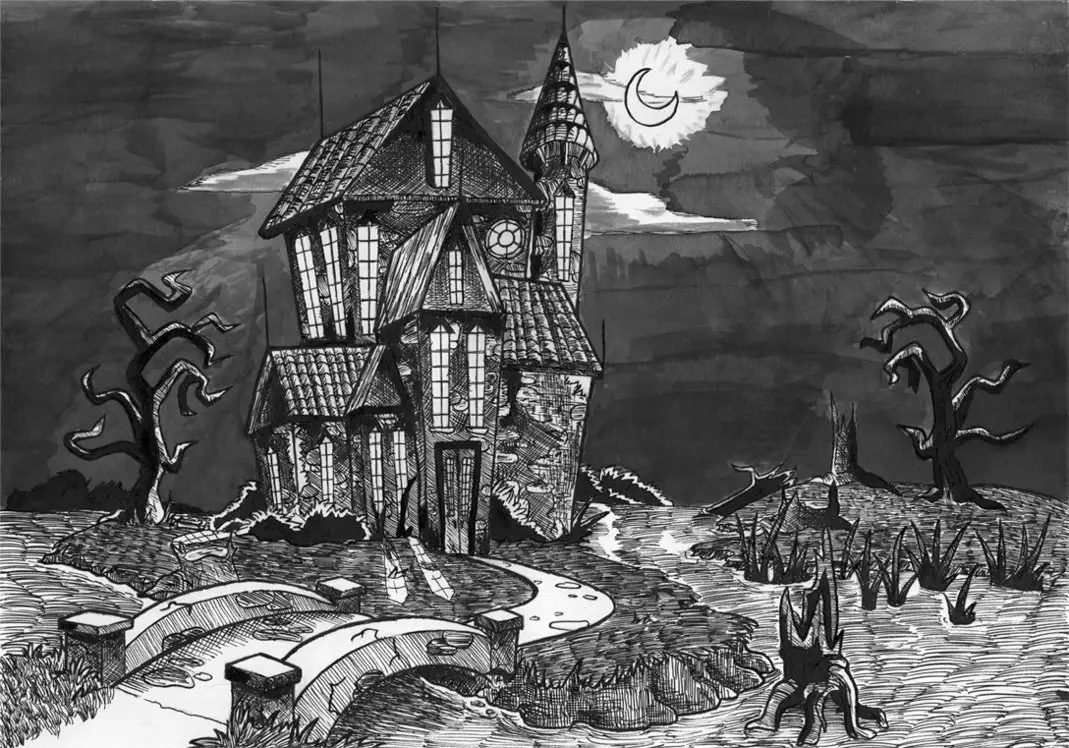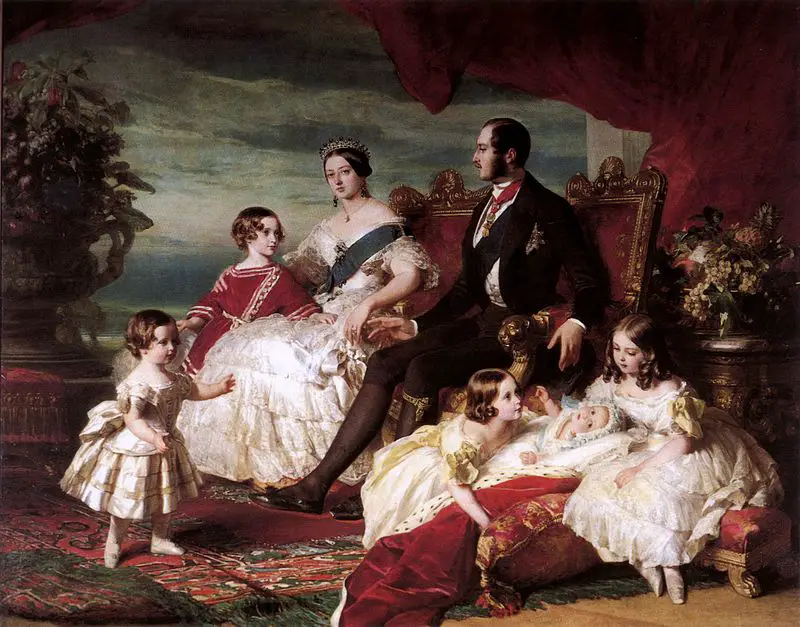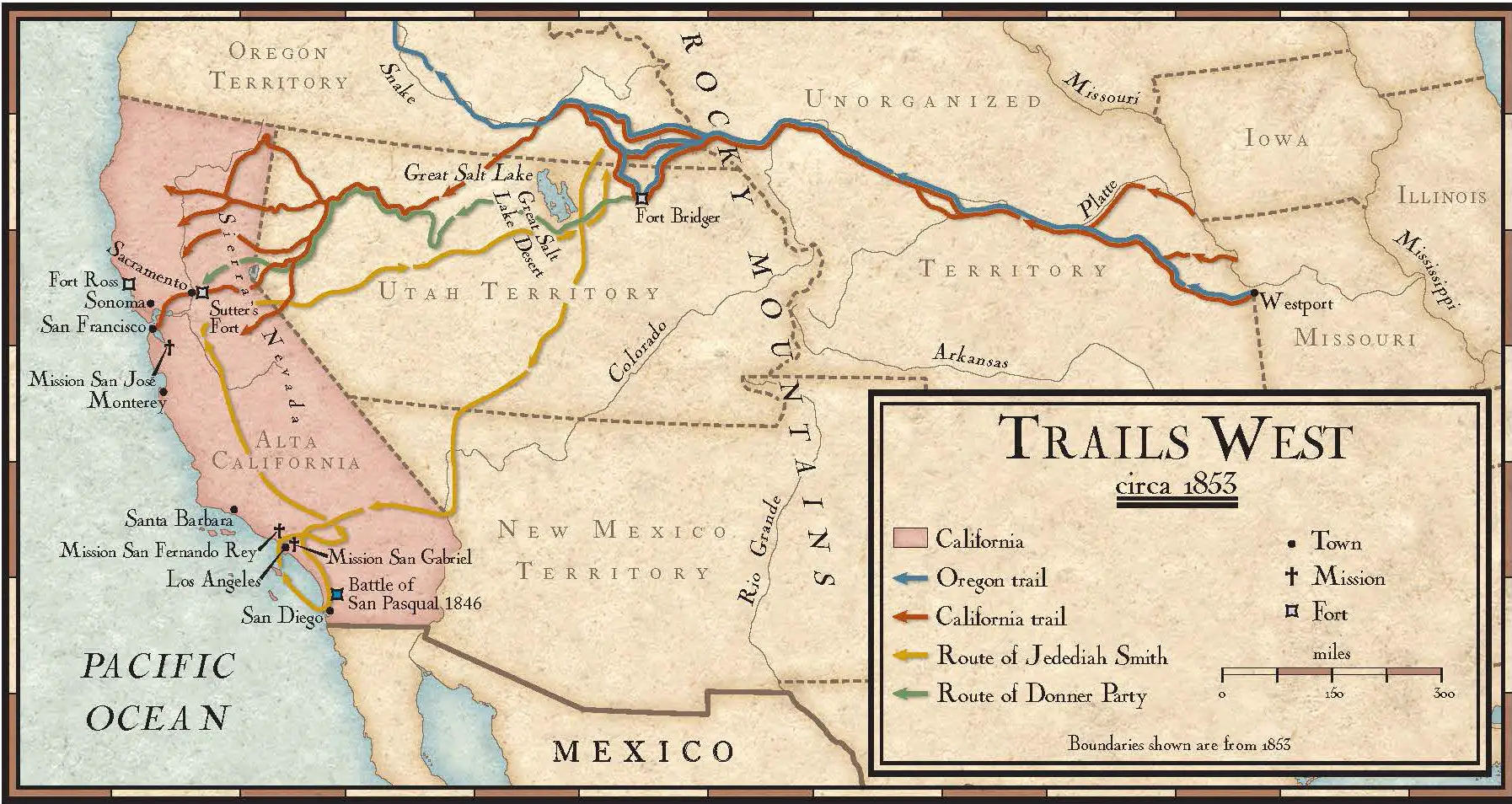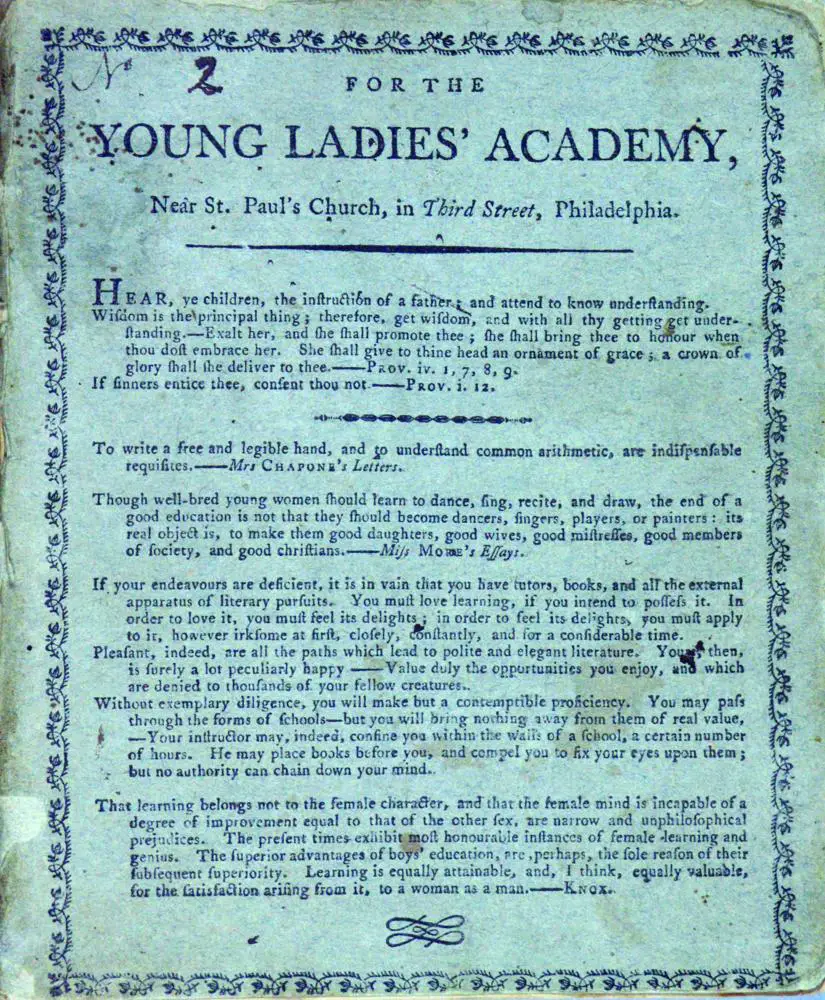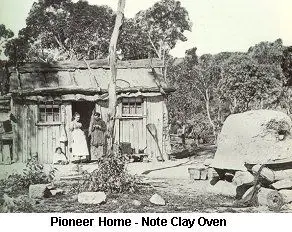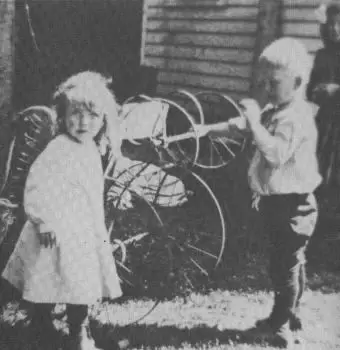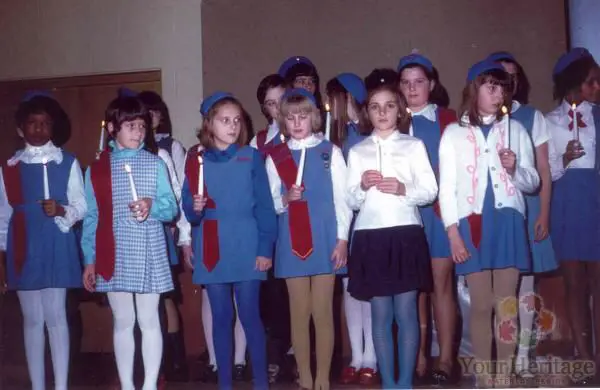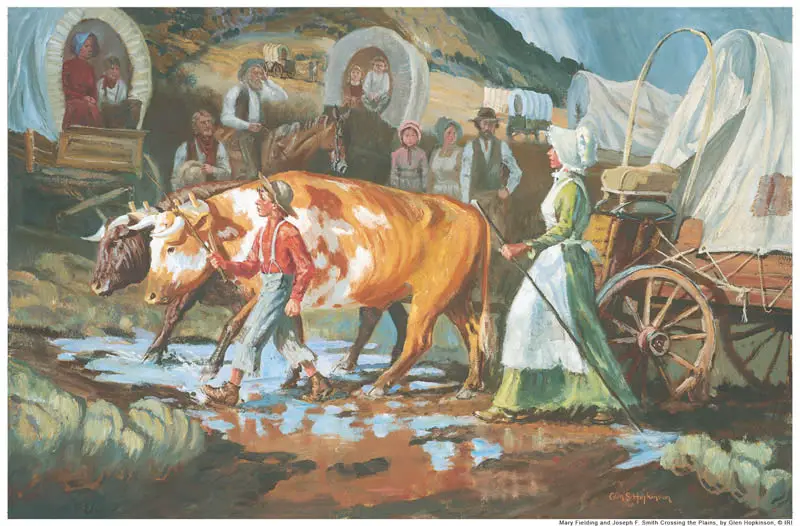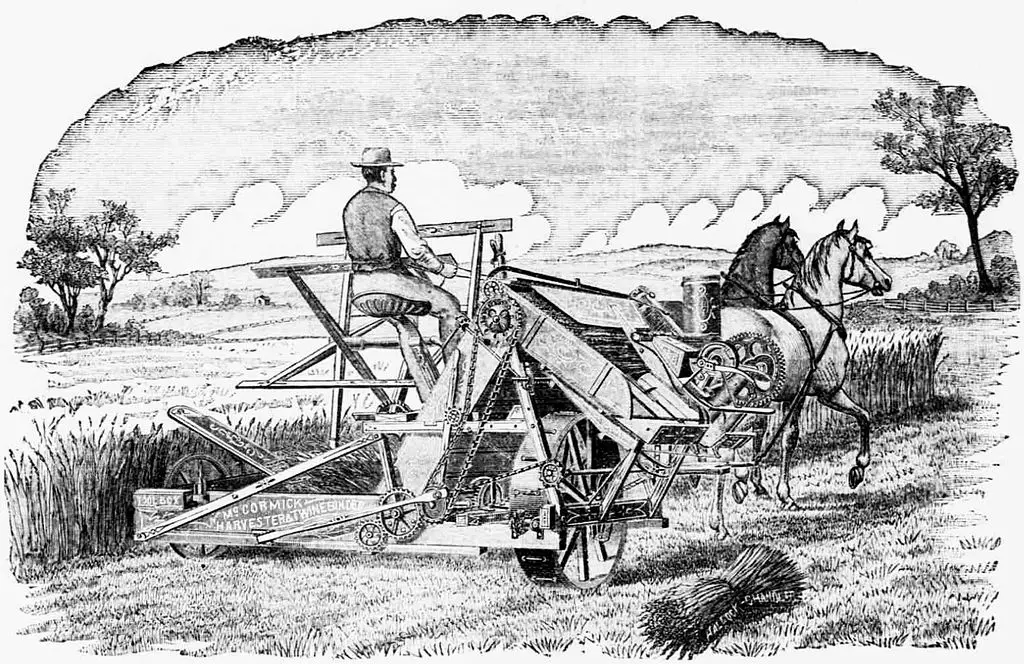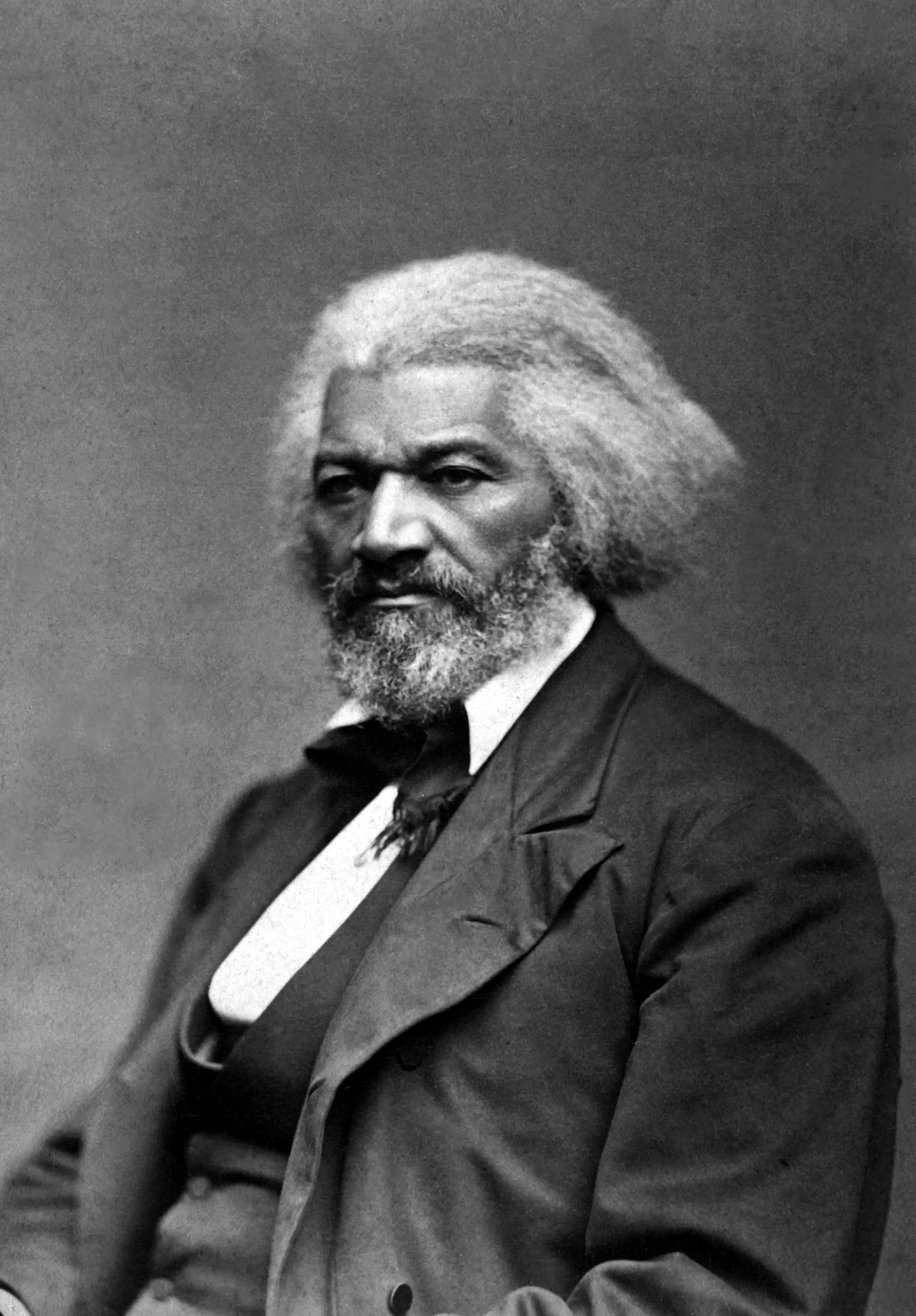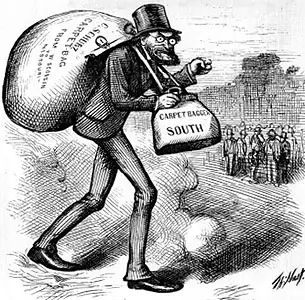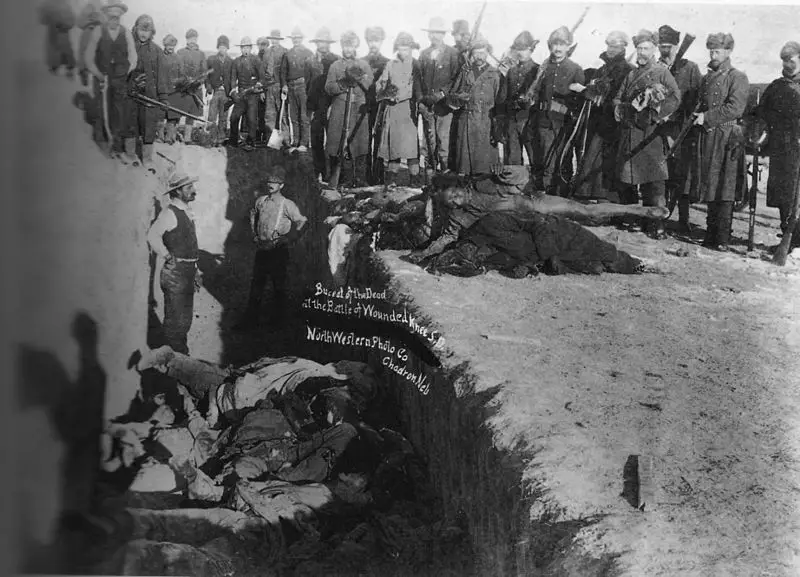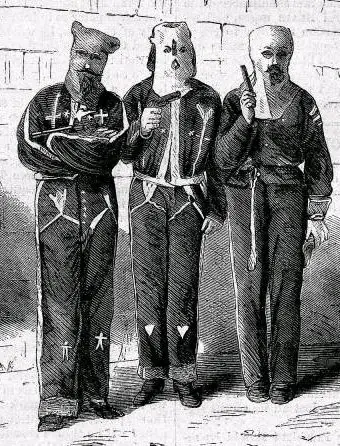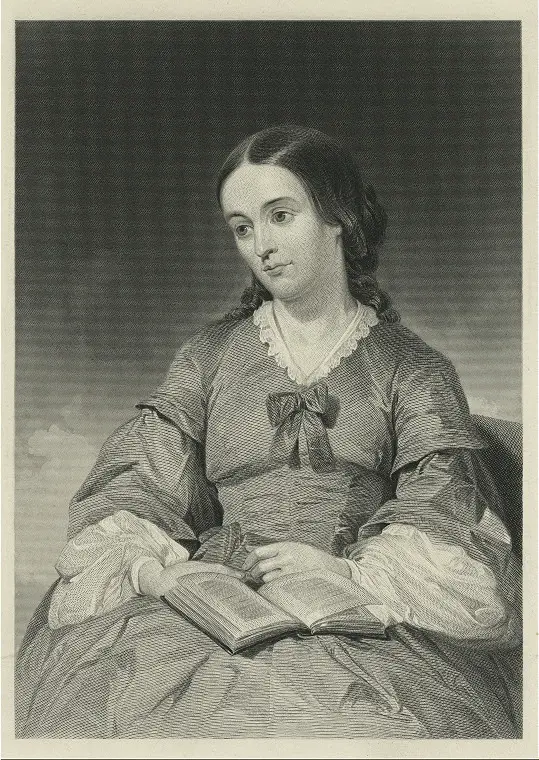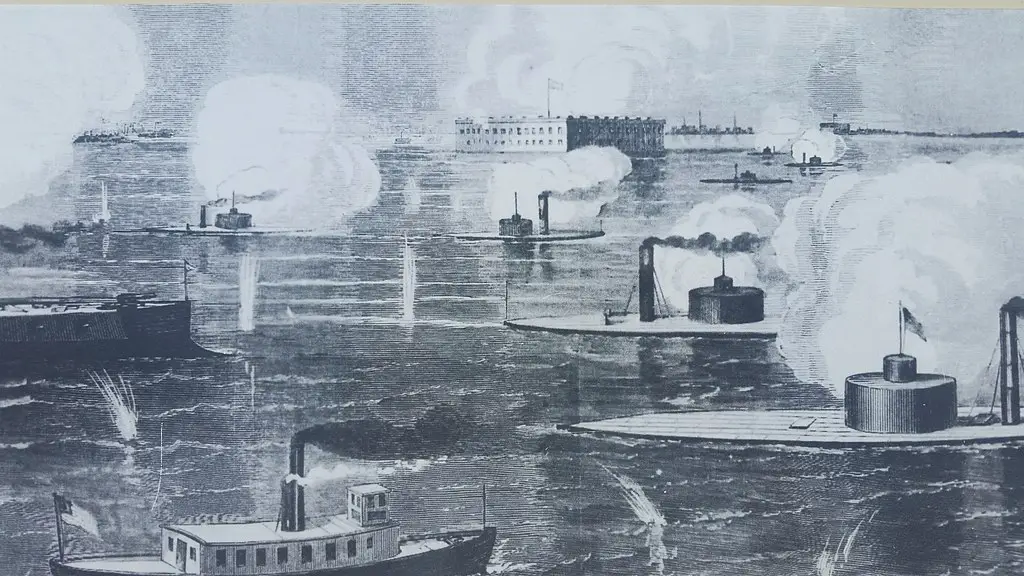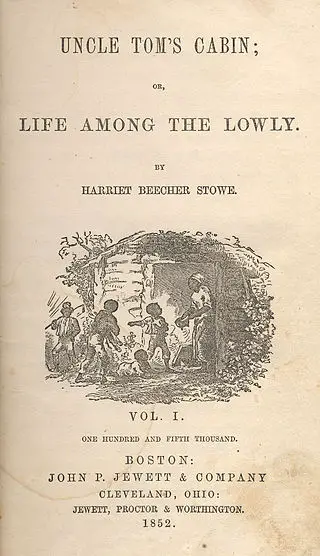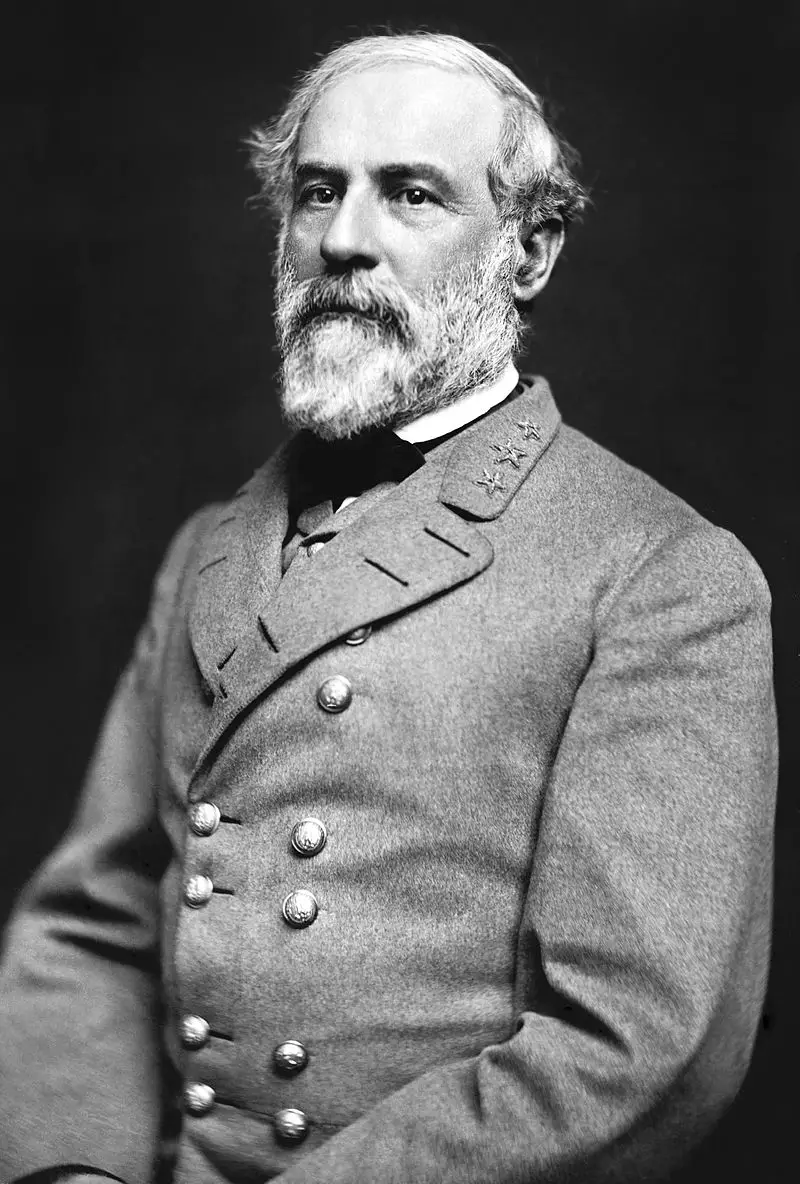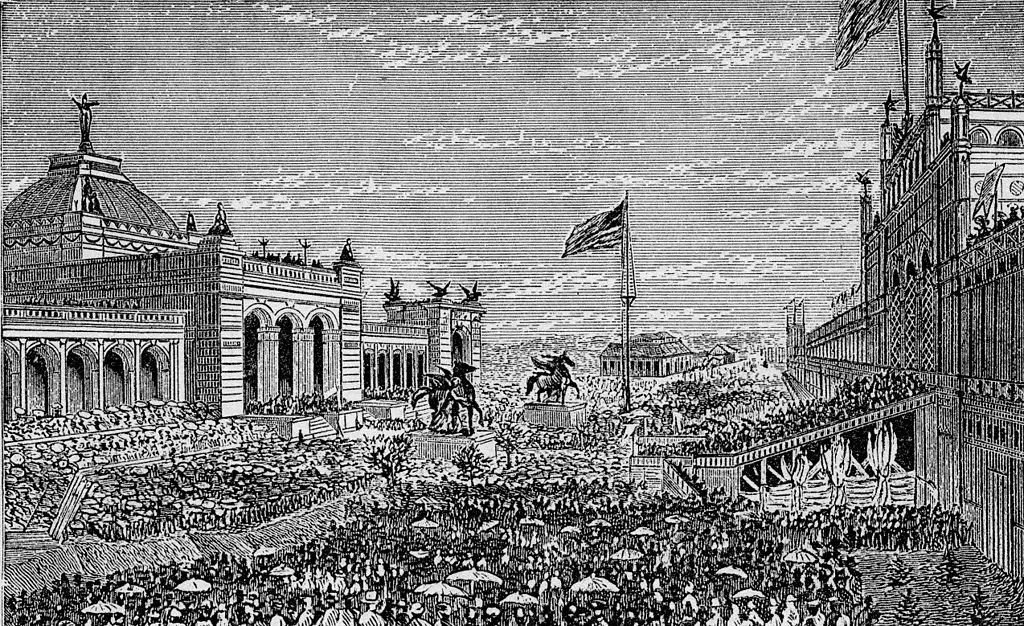1850 to 1880: Growth and Conflict
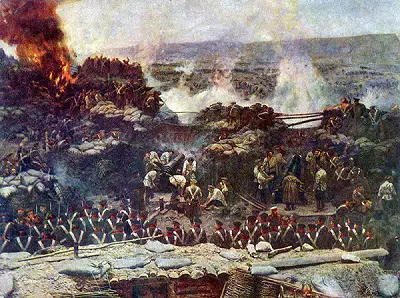
-
Wealthy Tycoons
The shift from an agricultural to an industrial economy took over 100 years in the United States.
Read More -
Factories in the North
The rapid expansion of Northern industrialization began after the War of 1812 in New England.
Read More -
Tobacco and Cotton
The cultivation and exports of tobacco and cotton were essential components of the American Colonial economy.
Read More -
Gold
Major gold rushes took place around the globe in the 18th century, particularly in the United States during the period between 1850 and 1880.
Read More -
Developing the West
The development of the West borderline life in America characterizes one of the most thrilling periods of the United States.
Read More -
Pacific Northwest Shipping
The Pacific Northwest, which is known as the Cascadia, is a unique region of the western United States that is situated next to the Pacific Ocean in the west and the Rocky Mountains in the east.
Read More -
California Money
The early years of the California Gold Rush ushered the constant need for coinage to meet the commercial needs of a growing community based on gold dust.
Read More -
The Devastation of the South
The Civil War left an indelible mark in the minds of the Southern Americans as it burned down their plantations and farms and destroyed its crops.
Read More -
The Abolitionists
Abolitionists were mostly white men and women that believed that slavery in the United States should be gotten rid of.
Read More -
The Quakers
Various Protestant religions were being formed in England during the 17th and 18th centuries.
Read More -
The Underground Railroad
The “Underground Railroad” was a network established by those that believed in freedom for the Black slaves between 1810 and the 1860s.
Read More -
Harriet Beecher Stowe
Harriet Beecher Stowe was an abolitionist in the 1800s who is most well-known as an author.
Read More -
Herman Melville
Herman Melville is a noted author and poet best known for his book “Moby-Dick.”
Read More -
Walt Whitman
Walt Whitman is considered to be one of America’s best poets, journalists, and essayists.
Read More -
Louisa May Alcott
Louisa May Alcott was famous for her book “Little Women,” but was also author of a number of other novels that were well-received during her time.
Read More -
Clara Barton
Clara Barton was a nurse and educator and is most well-known as the founder of the American Red Cross.
Read More -
Frederick Douglass
Douglass was a former slave that became an activist and writer and was so influential in his speaking and topics that he became the advisor to presidents.
Read More -
The Slave Markets
Slavery was not only an accepted way of life in the New World, but was part of how the economy of Europe was maintained.
Read More -
William Wilberforce
William Wilberforce became a voice of the abolitionists in the 1800s.
Read More -
Booker T. Washington
Booker T. Washington was a civil rights leader and an educator that helped to change the lives of Black Americans.
Read More -
Henry Box Brown
The story of Henry ‘Box’ Brown is one of courage and dedication.
Read More -
Follow the Drinking Gourd
It’s not known if Peg Leg Joe was a single individual or a combination of a number of people as there doesn’t seem to be any evidence that one person is credited with that name.
Read More -
Elizabeth Blackwell
Elizabeth Blackwell was unique for her time as she not only went to college, but became one of the first female doctors.
Read More -
Susan B. Anthony
Susan B. Anthony is one of the leading iconic figures in the history of women’s rights.
Read More -
John Wilkes Boothe
John Wilkes Booth is most notable for his assassination of President Abraham Lincoln at the Ford Theater on April 14, 1865.
Read More -
Mary Cassatt
Mary Cassatt was an American painter during a time in the 1800s when women not only didn’t work, but they weren’t accepted as true artists.
Read More -
George Catlin
George Catlin was an artist who focus exposed the beauty, mystery, and culture of Native Indians in America.
Read More -
Edgar Allan Poe
Edgar Allan Poe is considered to be one of the most controversial and talented American writer, poet, and critic.
Read More -
Nature Writing
If you’re looking for an adventure, nature will never disappoint.
Read More -
Women Writers
In the 1800s, women were not seen as equals of men in America.
Read More -
Impressionism
Impressionism is an art movement that began in France. Its name originated from a painting of Claude Monet in 1874 called the Impression Sunrise.
Read More -
Native American Depictions
The extensive history of the Native Americans is set in stone — but the way people interpret them changes.
Read More -
Gothic Horror
Gothic fiction emerged in England with the 1764 novel The Castle of Otranto by Horace Walpole.
Read More -
Victorian Thought and Morals
Morality, Evangelicalism, work ethic, religion, dignity, and restraint — these are just some of the prevailing values during the reign of Queen Victoria in England in the 19th century.
Read More -
Railroads and train travel
The addition of railroads and train transportation in America is considered to be one of the biggest developments for westward expansion, trade, and the growing economy.
Read More -
Wild West Life and Celebrities
Almost everyone has seen movies and television shows or read books about the Wild West in America.
Read More -
Homesteading
For most of the early development of the United States, only the East Coast and Southern states were populated.
Read More -
The Indian Wars
When the English showed up in the New World, they brought with them the European idea that people owned land, and they considered Native Americans to be barbarians.
Read More -
Traveling West
When the New World that is now the United States was settled, it established most of the thirteen colonies on the Eastern coast.
Read More -
School Life
In the early days of the United States, there were very schools and even fewer teachers and educators.
Read More -
Pioneer Houses
As the pioneers and settlers headed out across the country, they needed to establish homes and communities.
Read More -
Pioneer Children
Today’s kids can have a lot of fun while playing and learning.
Read More -
Pioneer Fun
Life during the pioneer days was hard and filled with danger.
Read More -
Pioneer Medicine
Living during the pioneer days was dangerous.
Read More -
Pioneer Society
Most of the early pioneers lived in farms that were part of remote communities.
Read More -
Pioneer Jobs
The early pioneers that set out to the new land areas were mainly farmers.
Read More -
African Americans Move West
African Americans in the United States moved West before and after the Civil War.
Read More -
Abolitionists
Abolitionists in the United States from 1850 to 1880 played a significant role in ending slavery.
Read More -
African Culture in America
By 1850 there were over 3 million black slaves working in the United States.
Read More -
Buffalo
One of the more majestic animals to roam the western portion of the United States was the American Bison, or known as the buffalo.
Read More -
Carpet Baggers
After the Confederate States lost the Civil War, the southern states were flooded with northerners.
Read More -
Conservation Issues
As Manifest Destiny moved westward in the United States between 1850 and 1880, many Conservation Issues appeared.
Read More -
Education for All
Education in the United States from 1850 to 1880 grew by leaps and bounds.
Read More -
Indians Pushed to the Brink
From the time of Europeans arriving in the New World and later the United States, the Native American Indian tribes were pushed to the brink.
Read More -
Joseph Smith’s Martyrdom
The murder of Joseph Smith and his brother Hyrum in the summer of 1844 by an angry mob was a turning point in the Mormon religion.
Read More -
Lincoln’s assassination
President Abraham Lincoln was not well-liked in the South before and during his presidency.
Read More -
Loss of Land
There were tremendous damage and loss of land in the United States from the middle of the 19th century to the turn of the 20th century.
Read More -
Passenger Pigeons
Passenger Pigeons in the United States were the dominant bird species during the 19th century.
Read More -
Plantation Life
Plantation life for slaves in the United States was not pleasant.
Read More -
President Johnson impeached
President Andrew Johnson is best known as the Vice President who was appointed the presidency after President Abraham Lincoln was assassinated.
Read More -
Reconstruction Years
After the Civil War ended, the United States rebuilt the southern states through a series of laws.
Read More -
Religious Persecution
Even though the United States was founded on religious freedom, not all religions escaped persecution in the 19th century.
Read More -
Slavery and the Civil War
Slavery and the Civil War were complex issues in the United States in the middle of the 19th century.
Read More -
The Mormons’ Exodus
The Mormons’ Exodus from the Midwest to the Great Basin in the Utah Territory was a massive movement of people retreating from religious persecution.
Read More -
White Blacklash
After the Civil War ended, there was a considerable white backlash towards the newly freed black slaves.
Read More -
Women’s Rights and Equality
Until the Second Great Awakening in the 1830s, women were responsible for morality in the home, at church, and in the community.
Read More -
American Civil War for Kids
The American Civil War involved bloody battles that had slavery as the base reason.
Read More -
Compromises
Throughout the early history of America, slavery was always a tense subject.
Read More -
Kansas-Nebraska Act
In the early days of the colonies, slavery was an accepted way of life in both Europe and the budding new country.
Read More -
Secession
When talking about secession in the United States, it is referring to the time of the beginning of the Civil War in 1860 when many of the southern states decided to “secede” or remove their statehood.
Read More -
Civil War Players
Every war has many conditions and situations that lead up to the final declaration.
Read More -
Literature about Slavery
As the various states played their various roles trying to promote that slavery was a marvelous thing, few in the rest of the country knew any details about slaves and their lives.
Read More -
The South Surrenders
General Robert E. Lee, who was leading the Confederacy, surrendered to the Union leader, General Ulysses S. Grant on April 9, 1865.
Read More -
Abraham Lincoln’s Assassination
Many of the southerners were angry during the Civil War as they felt that their pro-slavery beliefs would be stopped and their economies destroyed if they lost.
Read More -
America’s Centennial
Creating a Democracy from scratch was an incredible feat by the founders.
Read More -
Government Scandals
Some think government scandals are new, but they have happened throughout the history of all governments.
Read More -
Exposition
In the past, world-renowned exhibitions were called “expositions.”
Read More -
Pony Express
As the United States expanded westward, there was little in the way of communication from the East Coast to the often barren communities in the West.
Read More -
Railways
The railway system began in England in the 1820s and became one of the most successful methods of transportation.
Read More

